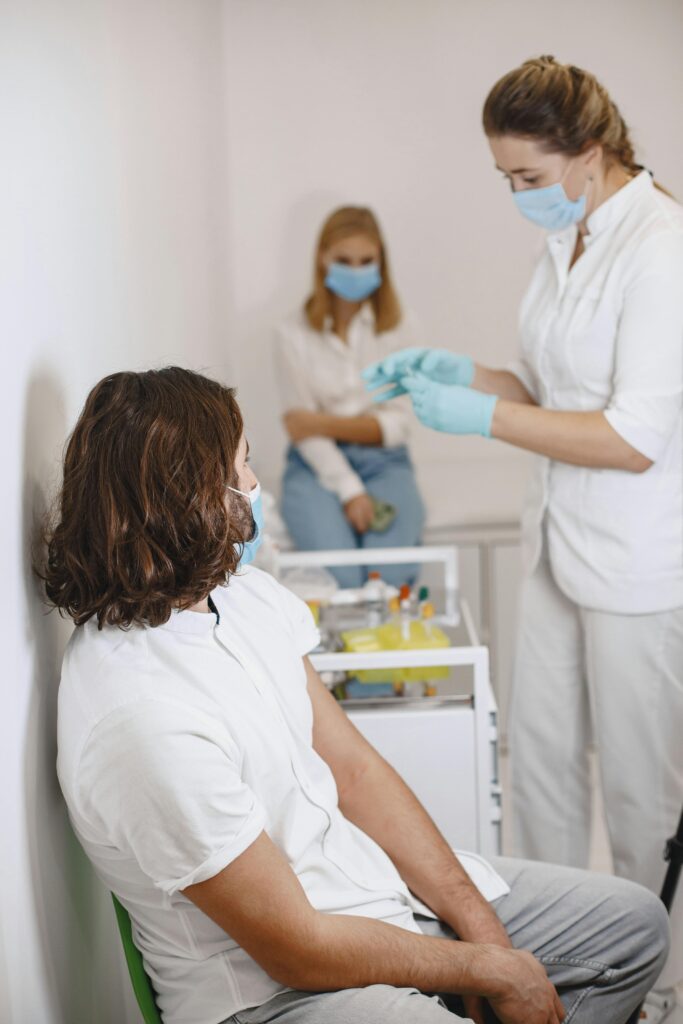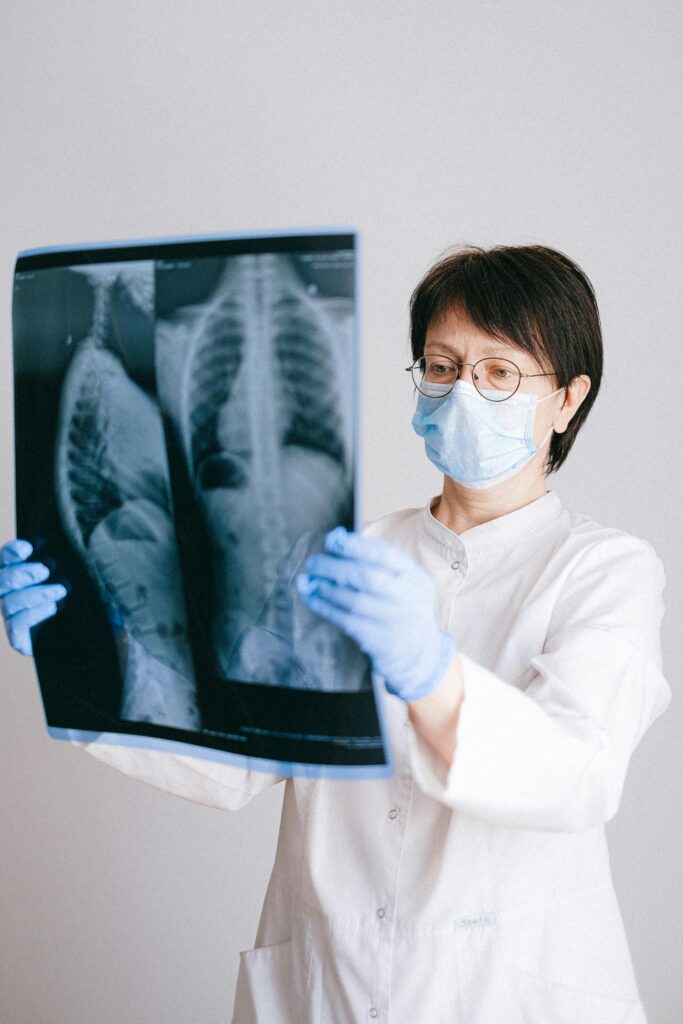The Emergency Hub is your go-to resource for all critical health information while abroad. This centralized section provides emergency contact numbers, details on local healthcare, and essential guidelines for seeking medical assistance. Its convenience becomes indispensable in navigating unfamiliar healthcare systems, ensuring quick access to vital information for a secure and stress-free travel experience. In times of need, the Emergency Hub acts as a crucial tool, offering swift guidance for effective responses to any health-related situation.



When venturing abroad, the importance of having comprehensive health insurance cannot be overstated. Unforeseen medical emergencies can arise, turning a dream vacation into a financial nightmare. Health insurance acts as a safeguard, covering medical expenses and providing assistance during challenging situations. When going abroad a European health insurance card is going to be your best buddy. This card provides access to necessary healthcare services at reduced costs or for free in European Economic Area countries and Switzerland. The EHIC ensures that unexpected illnesses or accidents won’t lead to overwhelming medical expenses. It offers peace of mind by simplifying the process of seeking medical assistance abroad. However, it’s crucial to note that while the EHIC covers essential healthcare, having comprehensive travel insurance is still advisable to ensure complete coverage during your European travels.
As much as fun it is to study abroad, it can bring mental health challenges. Cultural adjustments and academic stress may arise. While not guaranteed, it’s crucial to be aware. Having information about international and local SOS and Mental Health Helplines is essential. These helplines serve as a proactive support system, offering assistance tailored to both global and local needs.
They act as a lifeline for students facing emotional struggles, ensuring help is readily accessible, and promoting mental well-being during the transformative journey of studying abroad. On the Mental Health Europe and Safe In Our World webpage, you can access many helplines and support sites which you can then use to reach out to in case of a mental health emergency. Note down the number used at your destination, or store it in your phone. Hopefully, you won’t need it, but it is still a good idea to know the number.
And if things get serious and you’re in an emergency situation abroad, you’ll need to know how to contact the police, an ambulance, or even the fire department. This is a helpful reference list of international emergency phone numbers. Note down the number used at your destination, or store it in your phone. Hopefully you won’t need it, it is still a good idea to know the number. But also keep in mind that there might not be any operators who speak English.
112 is the European emergency number you can dial free of charge from fixed and mobile phones everywhere in the EU. It will get you straight through to the emergency services – police, ambulance, fire brigade. Callers can connect to local emergency services in many countries by dialing either 1-1-2 (used in Europe and parts of Asia) or 9-1-1 (used in the Americas). Depending on the emergency service, some nations utilize different emergency phone numbers.
